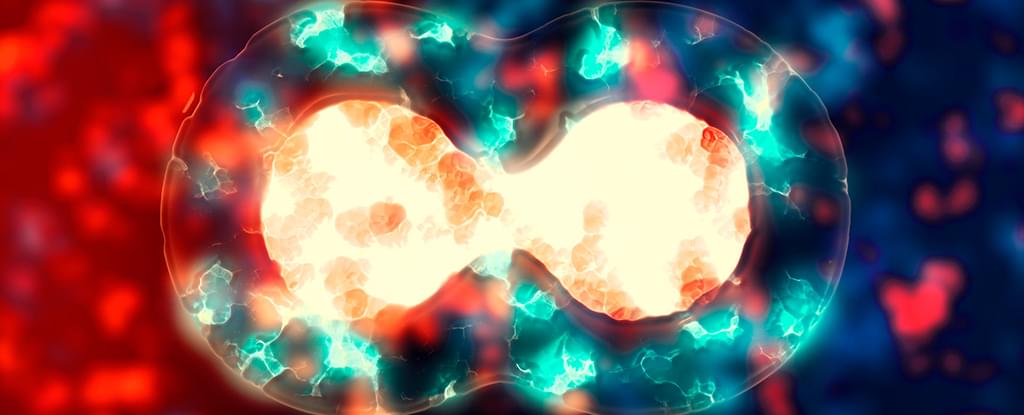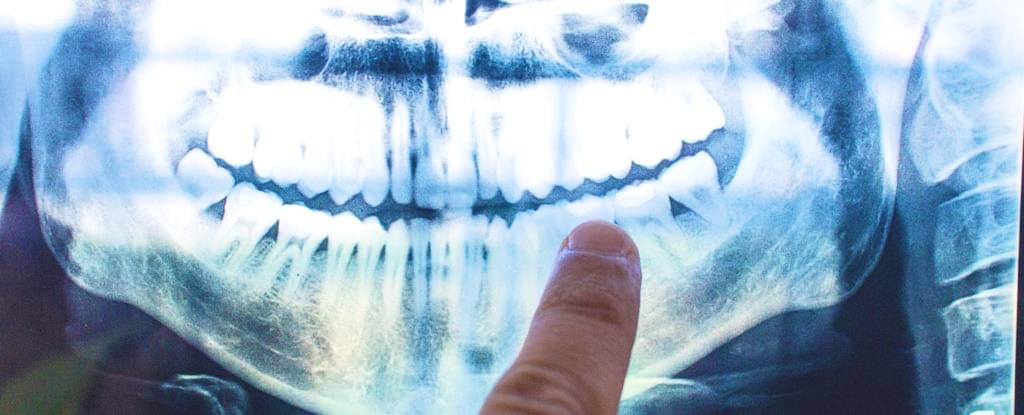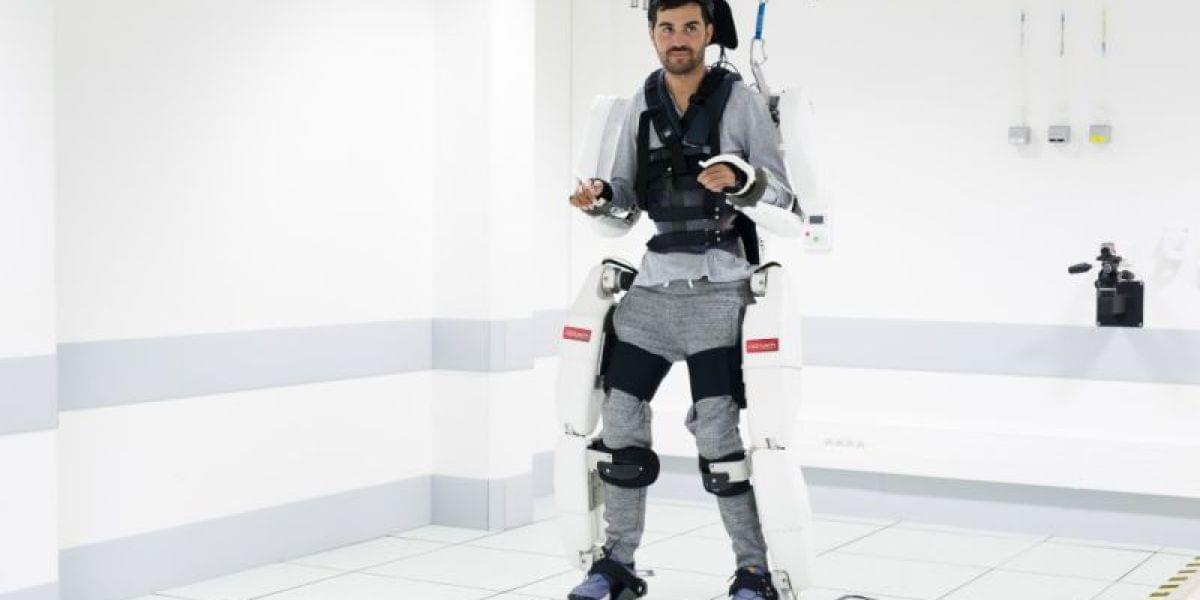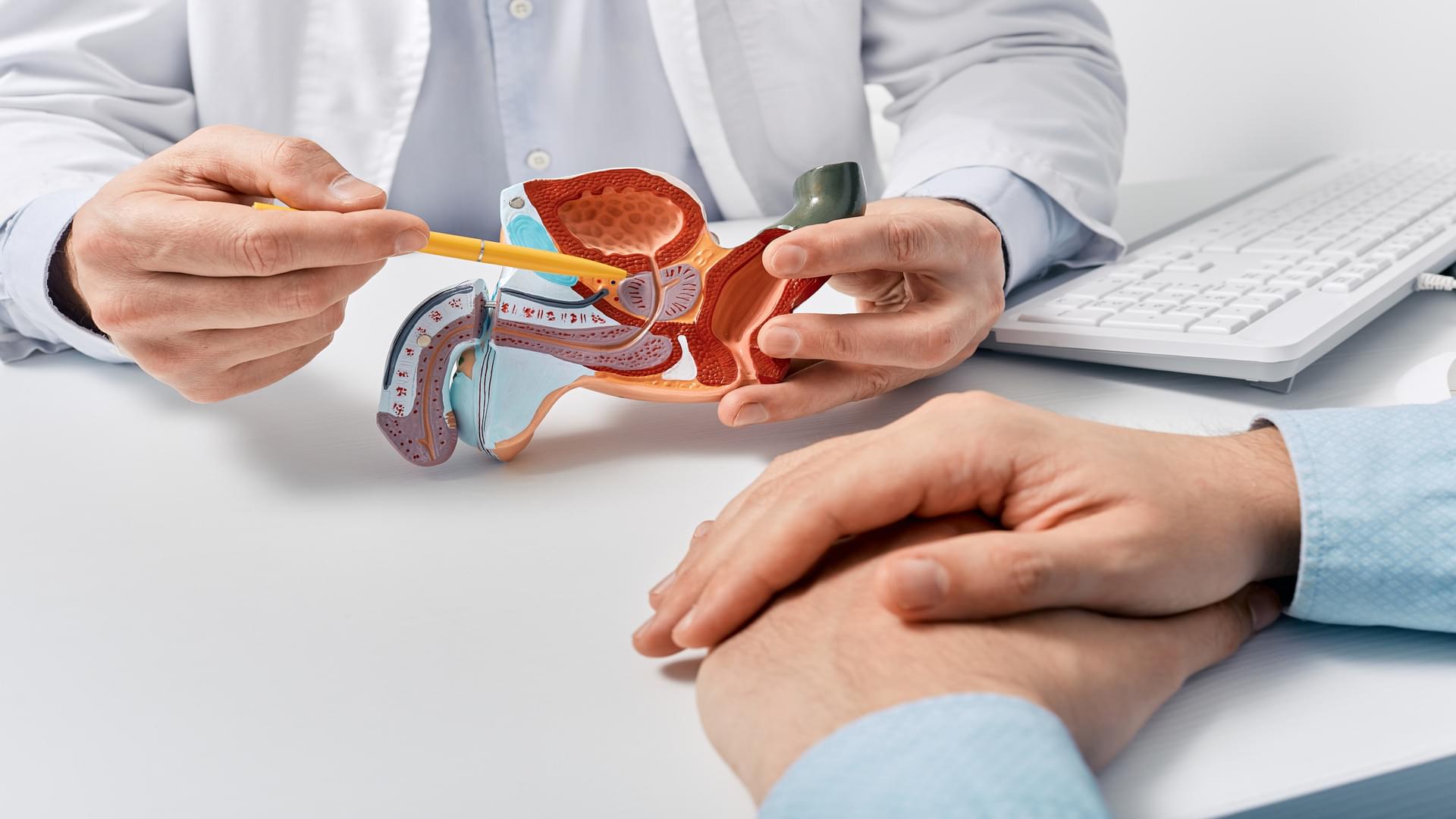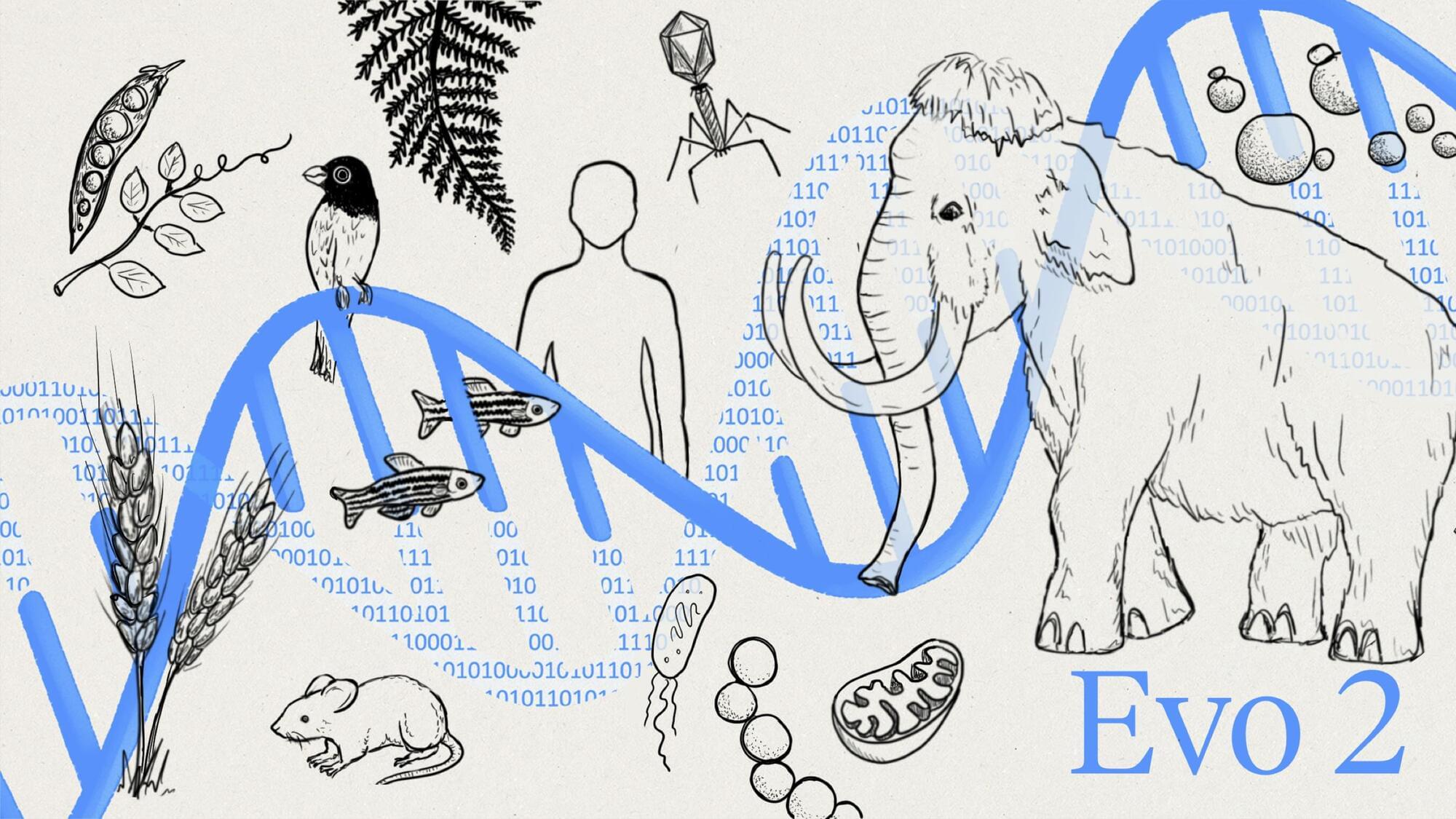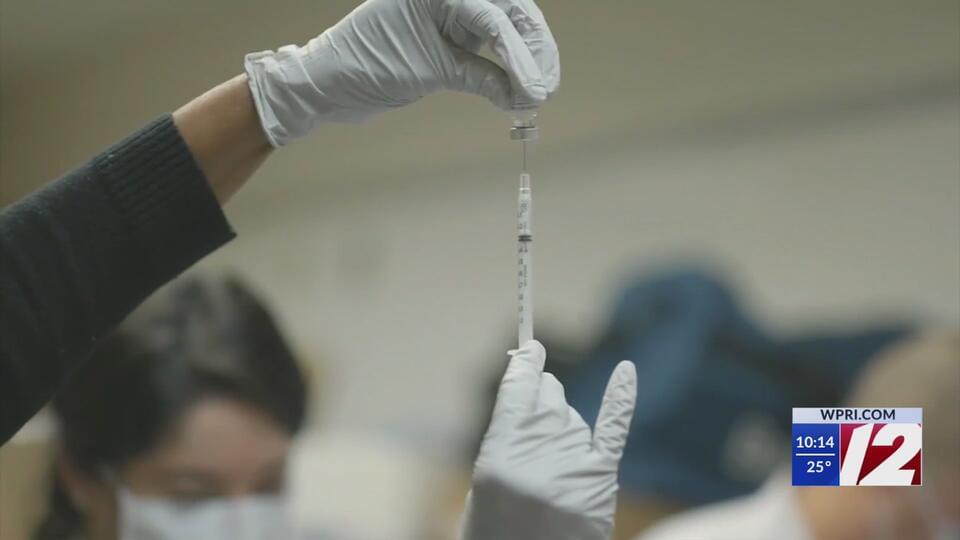The Carboncopies Foundation is starting The Brain Emulation Challenge.
With the availability of high throughput electron microscopy (EM), expansion microscopy (ExM), Calcium and voltage imaging, co-registered combinations of these techniques and further advancements, high resolution data sets that span multiple brain regions or entire small animal brains such as the fruit-fly Drosophila melanogaster may now offer inroads to expansive neuronal circuit analysis. Results of such analysis represent a paradigm change in the conduct of neuroscience.
So far, almost all investigations in neuroscience have relied on correlational studies, in which a modicum of insight gleaned from observational data leads to the formulation of mechanistic hypotheses, corresponding computational modeling, and predictions made using those models, so that experimental testing of the predictions offers support or modification of hypotheses. These are indirect methods for the study of a black box system of highly complex internal structure, methods that have received published critique as being unlikely to lead to a full understanding of brain function (Jonas and Kording, 2017).
Large scale, high resolution reconstruction of brain circuitry may instead lead to mechanistic explanations and predictions of cognitive function with meaningful descriptions of representations and their transformation along the full trajectory of stages in neural processing. Insights that come from circuit reconstructions of this kind, a reverse engineering of cognitive processes, will lead to valuable advances in neuroprosthetic medicine, understanding of the causes and effects of neurodegenerative disease, possible implementations of similar processes in artificial intelligence, and in-silico emulations of brain function, known as whole-brain emulation (WBE).
